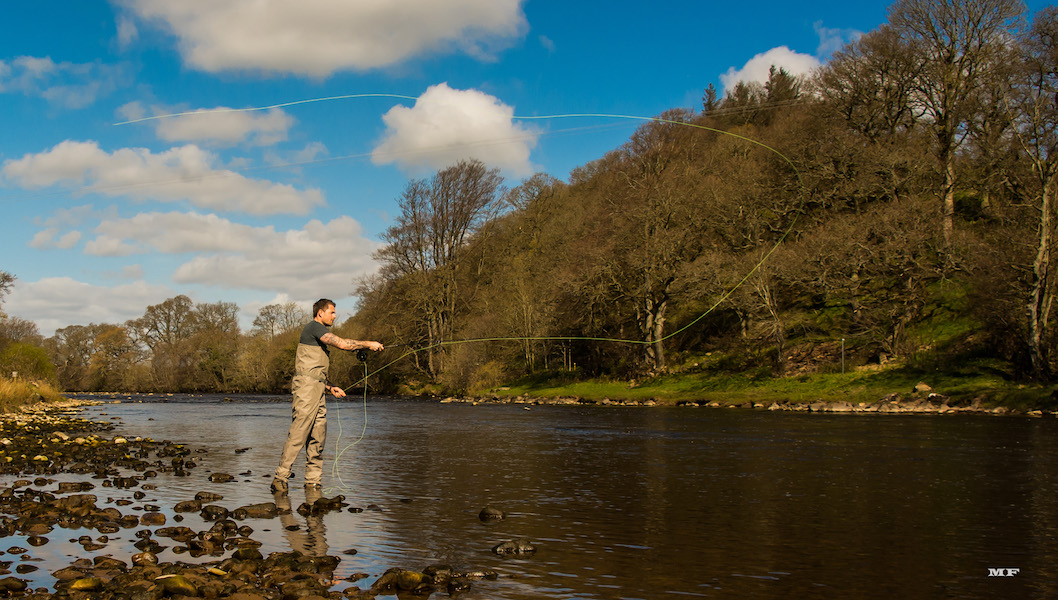
Get Fishing Resources
Important Info: Angling Lead Coach & Angling Level 2
Richard Hadley, Angling Trust Coaching Centre Manager and Lead Safeguarding Officer explains how following on from the recent updating of Level 1 to a much more practical course, he has begun to look at a revamp of Level 2 along the same lines….
With regards to acquiring coaching skills, it is not a million miles away from extending the process and coaching tools to provide a very practical and engaging course for new Level 2 Lead Coaches.
The focus for existing courses has always been on the technical and to some extent the tactical aspects of angling. Although the mental elements of performance (…the big one!), as well as physical and lifestyle factors are covered too.
The balance between a coaches ability to fish vs an anglers ability to coach has always been divisive.
For a long time, it’s been argued that if you can develop great coaching skills, especially around observing, analysing and giving appropriate feedback, then a good Level 2 coach should be able to coach to that level in any sport.
But that is only if they can acquire the correct technical model and understand the coaching points (i.e. technical non-negotiables). If that’s the case, then they should be able to extract the relevant points to focus on, observe/analyse, and give feedback, without being competent in performing that technique themselves.
Before your sap rises, watch this video and answer this… Could you coach a “clear shot” in badminton having never played before?
Watch: https://www.youtube.com/watch?v=S2brZPqx288
Remember, this is not about you being able to play the shot, but whether you could coach another player to achieve an improvement in technique.
The key is to focus on just one of the three coaching points. You’d probably pick the easiest to observe, in this case feet position, and then compare what you see in front of you to the technical model in the video.
Your answer should be yes. If it’s a no then perhaps you need to work on your observing and analysing coaching skills.
You could utilise this video by showing it to your player and then comparing it to a clip of them playing the shot captured on a phone or GoPro.
Using a simple app such as HUDL you could also measure and break down the action frame-by-frame. This would give you a clear understanding of how to play this shot, both as a ‘model’ and for the player, without ever needing to be able to play it yourself.
Again, if your coaching skills are good then the answer to the question is a big “yes”.
This creates a question around the often-complex movements involved in angling, such as casting.
It may be be that every type of cast is on YouTube. Look at this example (you can pause to break it down frame by frame, or change the playback speed if the movements are too quick to see):
Watch: https://www.youtube.com/watch?v=qEeDpFst4aM
The video shows a very complex casting movement and, I’d suggest poor recognition and explanation of the technical points of the cast! If you just wanted to improve your own cast you would be able to extract a lot of the technical points from the video. But, could you coach this cast after watching it?
Before you start to think that I believe that angling skills and experience are unnecessary, think again.
As coaches we tend to focus and rely totally on technique. The video does not show many of the comparable performance factors in angling that are hard to grasp unless you have experienced fishing yourself. For example, it omits where to “hit it” or when to “play it” (tactical), how to build agility to get into the correct position or timing the shot (physical) or perhaps most importantly, how to perform the shot consistently under pressure (mental).
Also, watercraft in angling is a huge consideration and cannot be underestimated. That kind of knowledge can only be developed after you spend time fishing.
This leads me nicely into increasing the process for coaching. i.e. building on Level 1 learning, and the coaching tools that sit within the content of a new Level 2.
Understanding the learning stage, an area to develop and consideration of how to develop fit nicely into improving and purposeful practice under the banner of PLAN.
To make the process cyclical, observing and analysing need to be strengthened and refined. Then giving accurate and appropriate feedback in a way that learners understand to move forward and build their angling performance should be incorporated.
A simple diagram of the way the coaching process and courses fit together might look like this.

It’s important to remember that although this format is a linear process for a session, if you’re looking to show progression you must review and assess new outcome goals and then return to the delivery stage before repeating the process.
This is particularly important when working with new groups and using the ‘set up’ and ‘observe to establish learning’ stages. This should be carried out for all participants to ensure that they are placed right at the centre of the learning process.
Richard
Richard Hadley
Angling Trust Coaching Centre Manager and Lead Safeguarding Officer
07720 974811 | [email protected]
You might also like
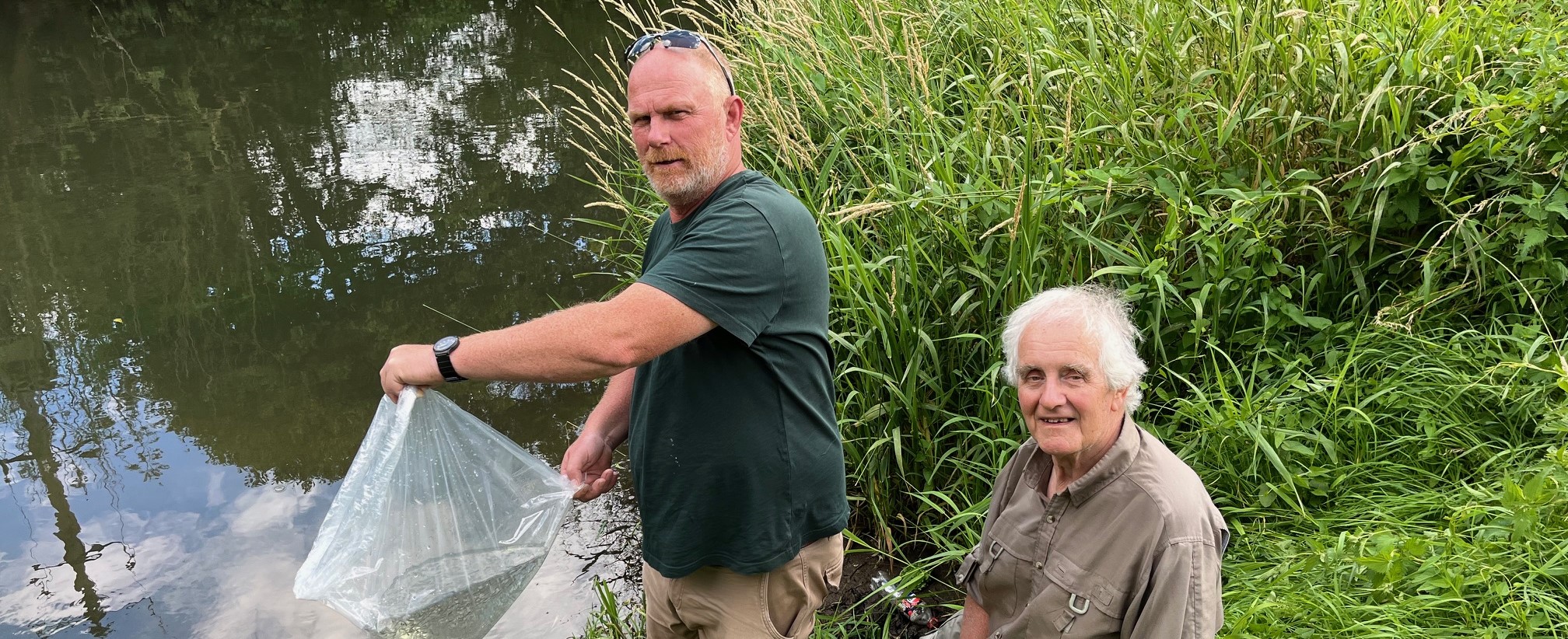
New Kennet Hatchery Releases First Reared Fish
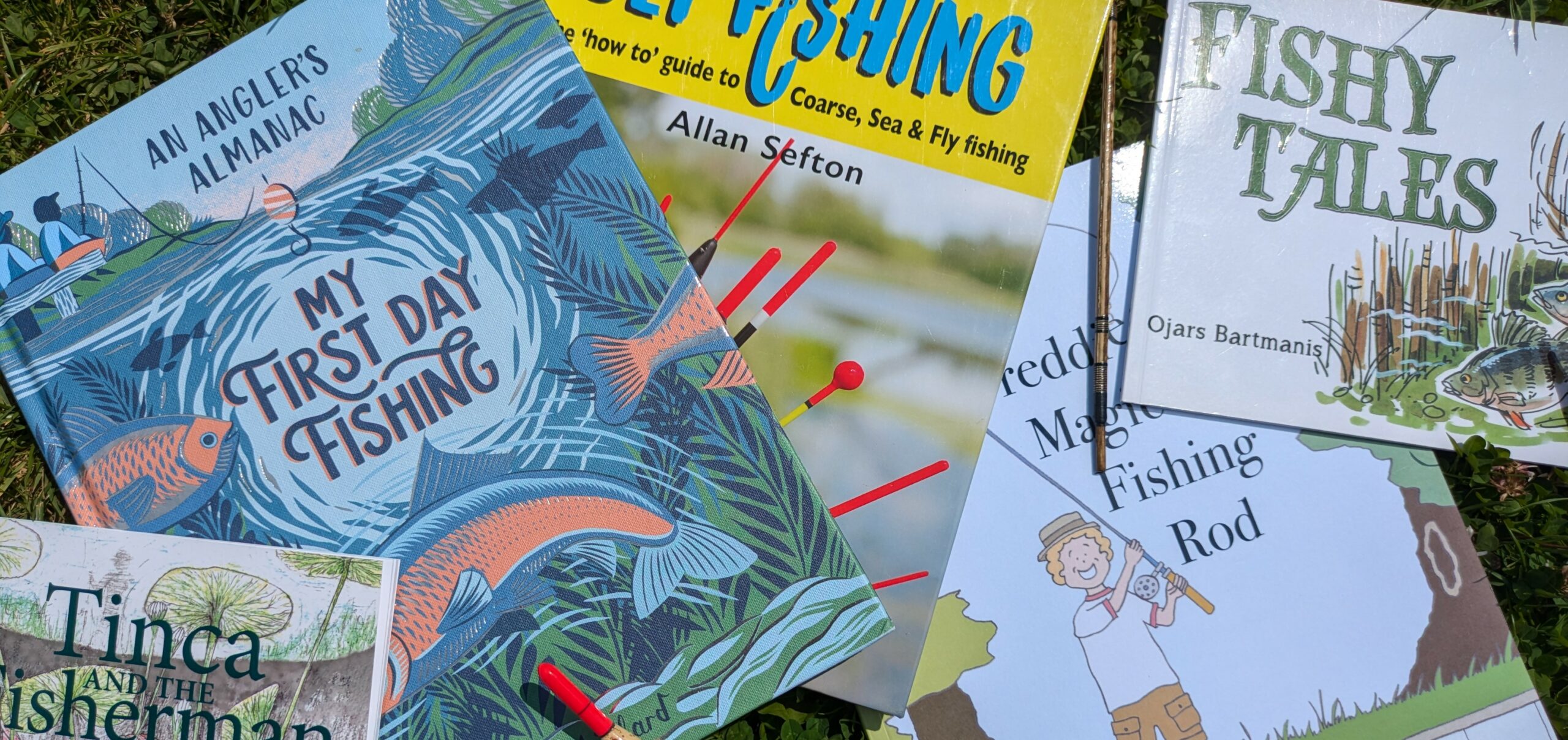
Fishing Books for Kids

UK Recreational Catch-and-Release Bluefin Tuna: A step closer to…
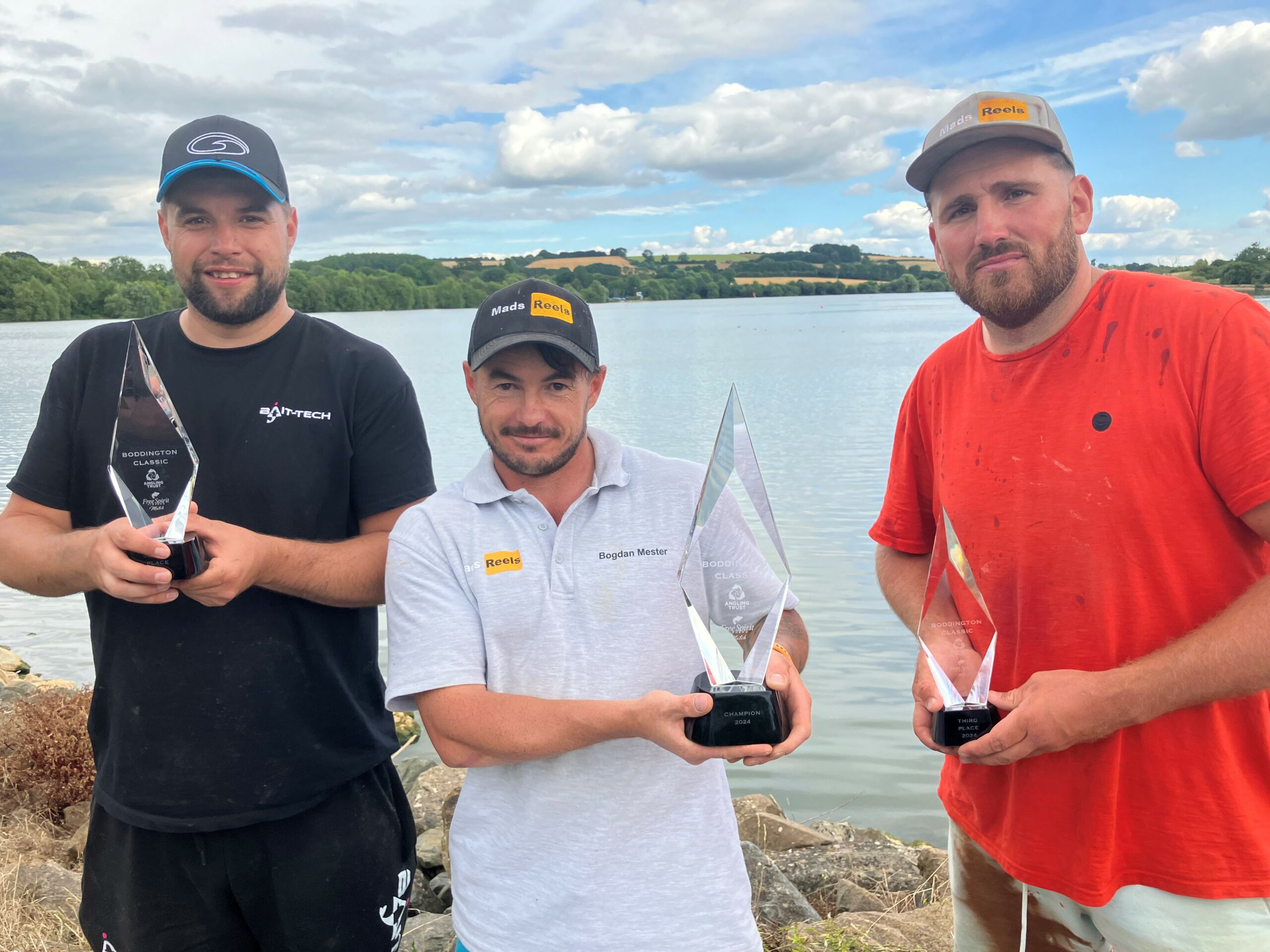
MESTER THE MASTER AT FREE SPIRIT MATCH BODDINGTON CLASSIC…
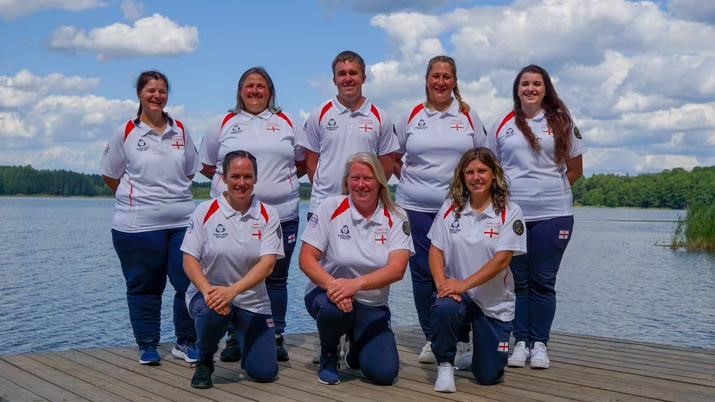
ENGLAND LADIES CARP TEAM MISS MEDAL ON TOUGH LATVIAN…

Angling Trust urges government to go further and faster…
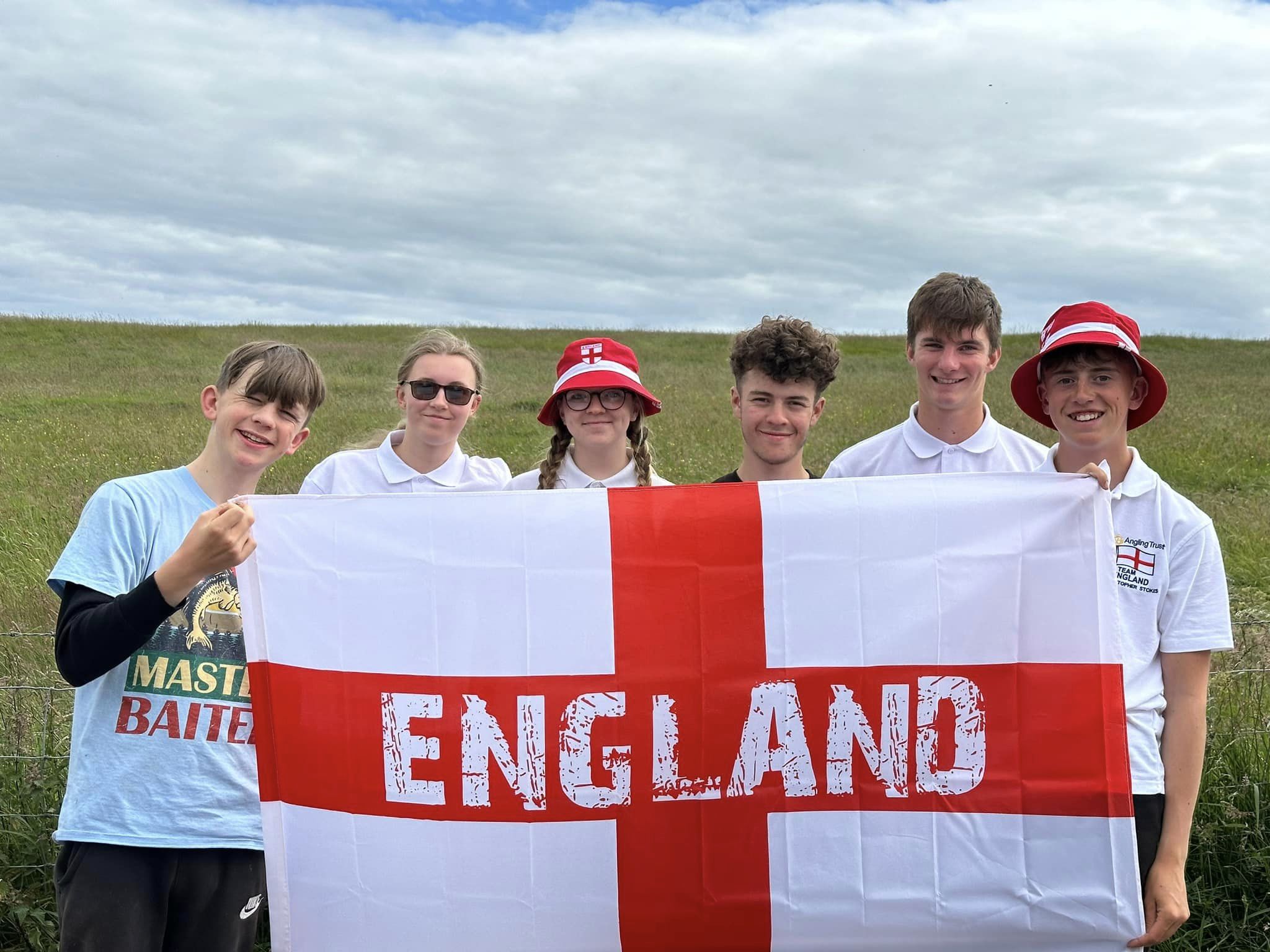
ENGLAND YOUNG GUNS LEAD THE WAY IN HOME NATIONS…
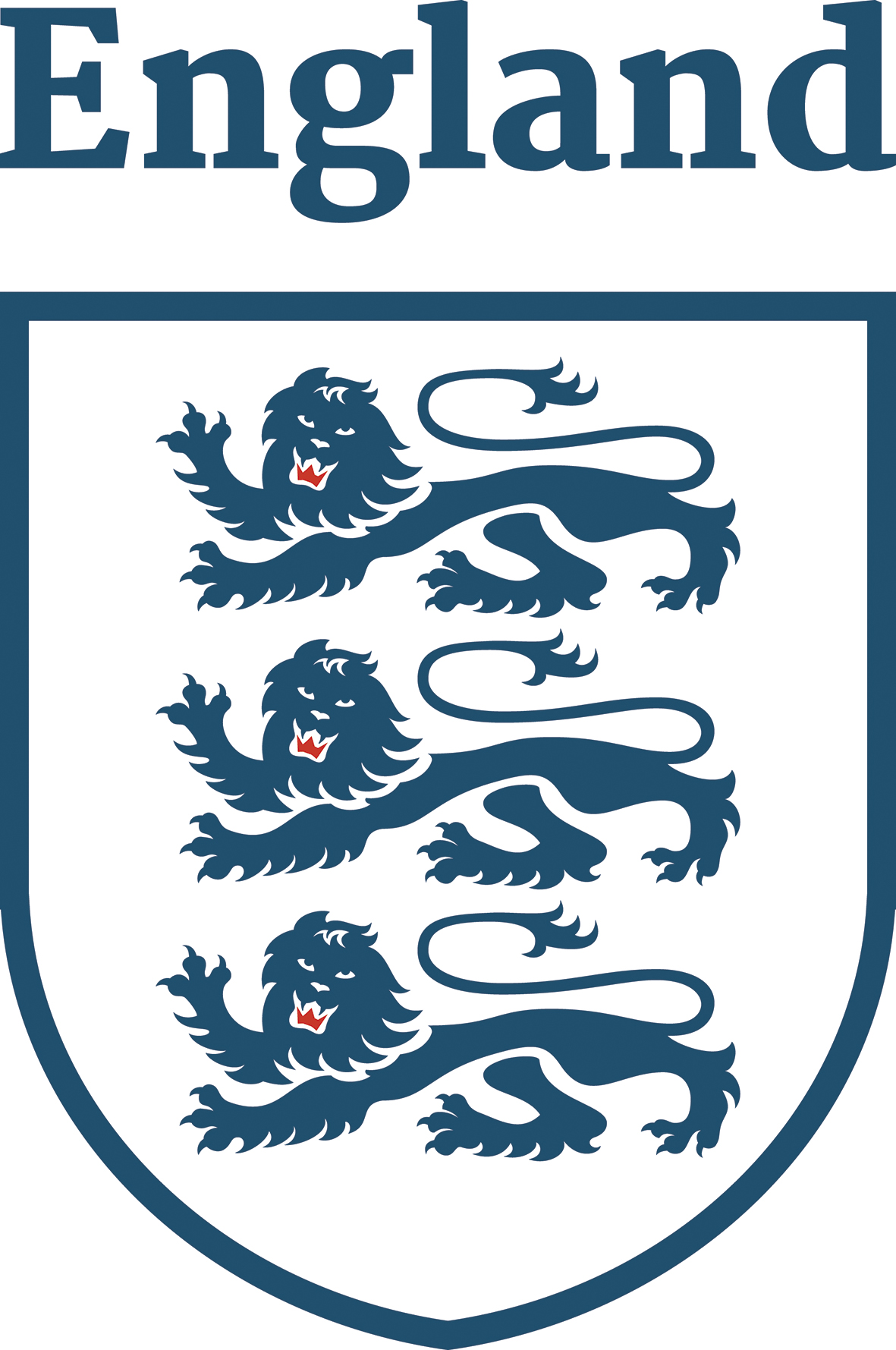
AMAZING ENGLAND COMEBACK SECURES EURO CHAMPS BRONZE
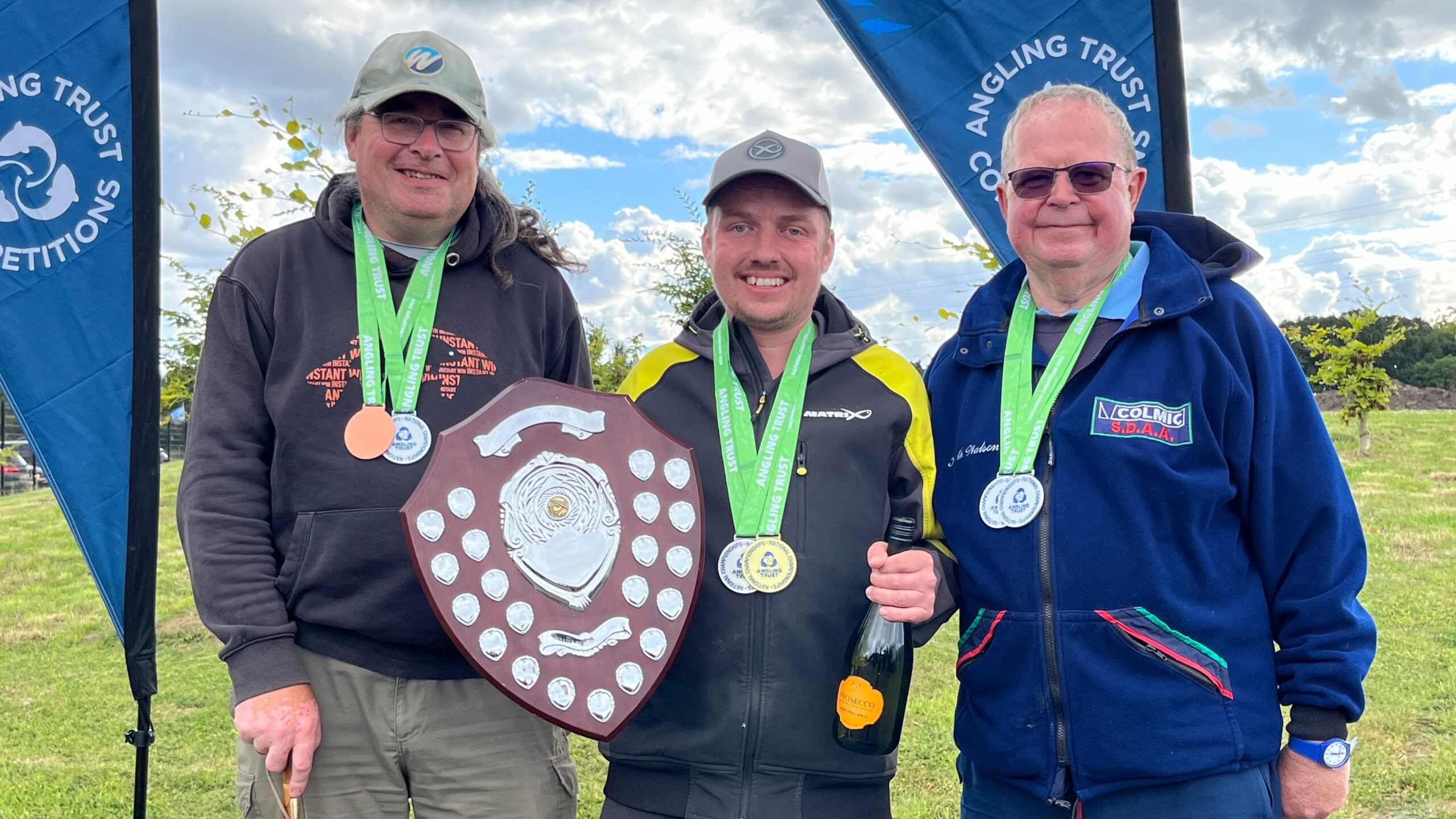
ELLIOT BAGS THIRD NATIONAL WIN AT MARSTON!
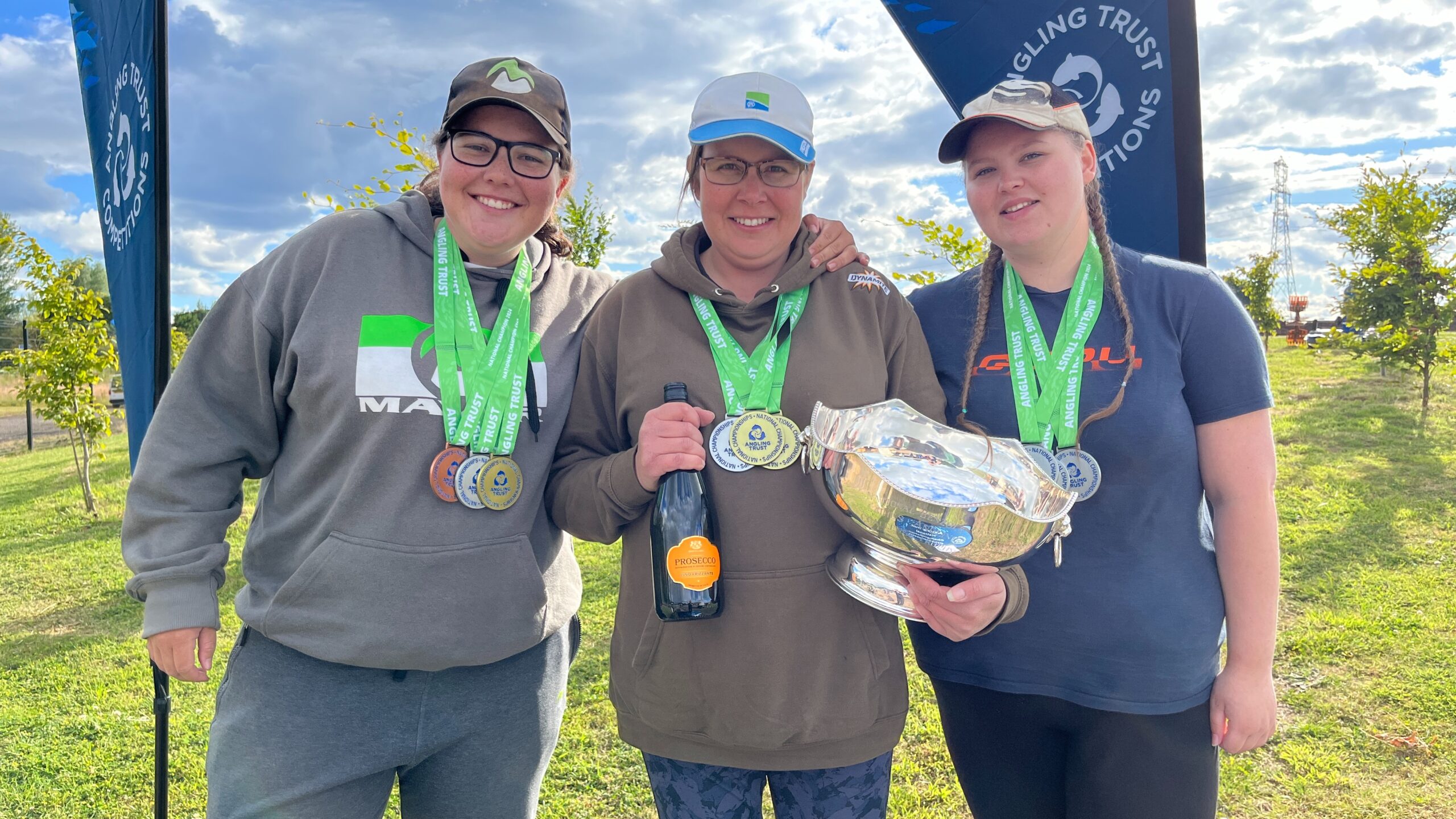
PATIENT APPROACH WIN WOMEN’S NATIONAL FOR LEANNE!
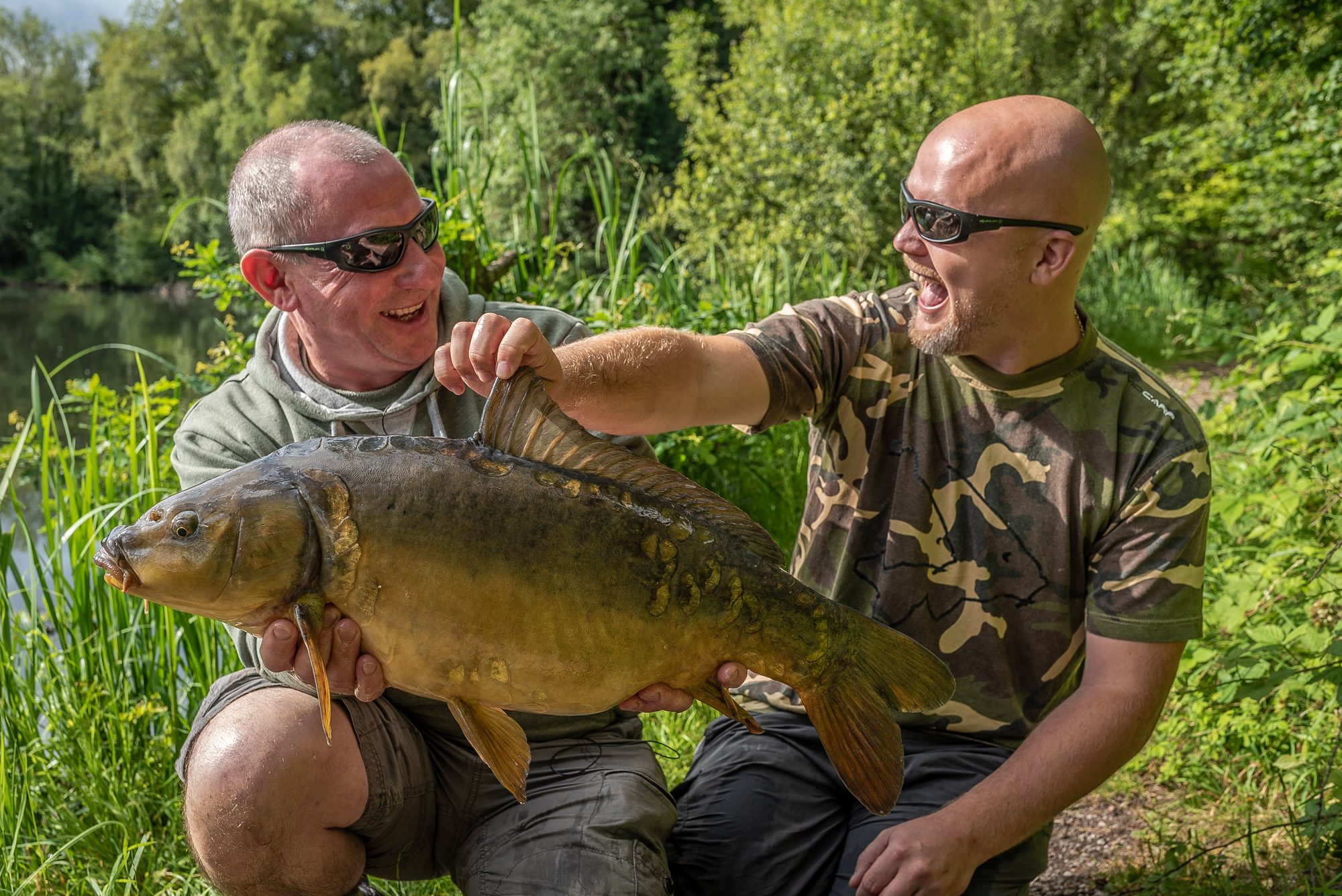
Take a Friend Fishing
27th July to 1st September…









